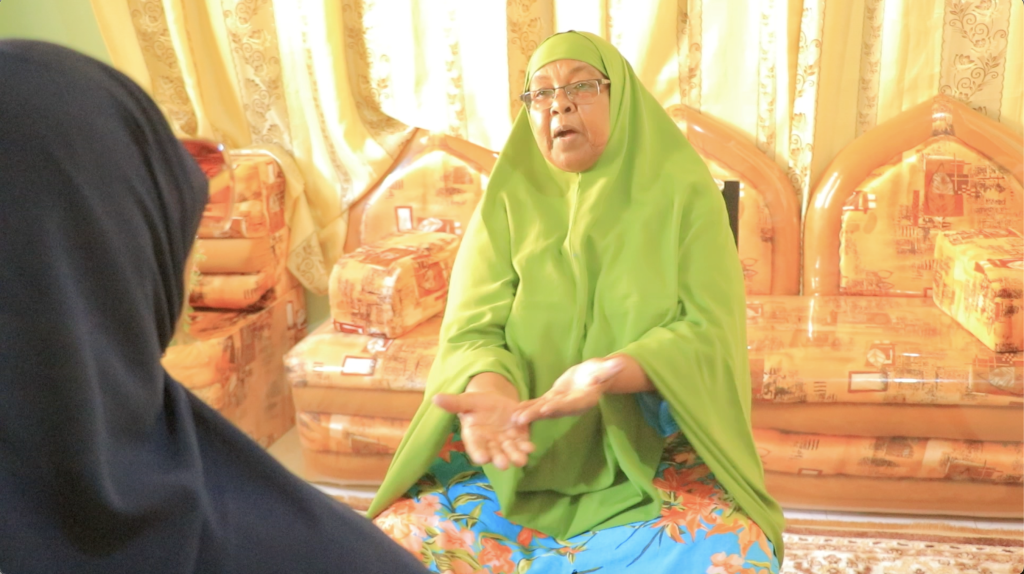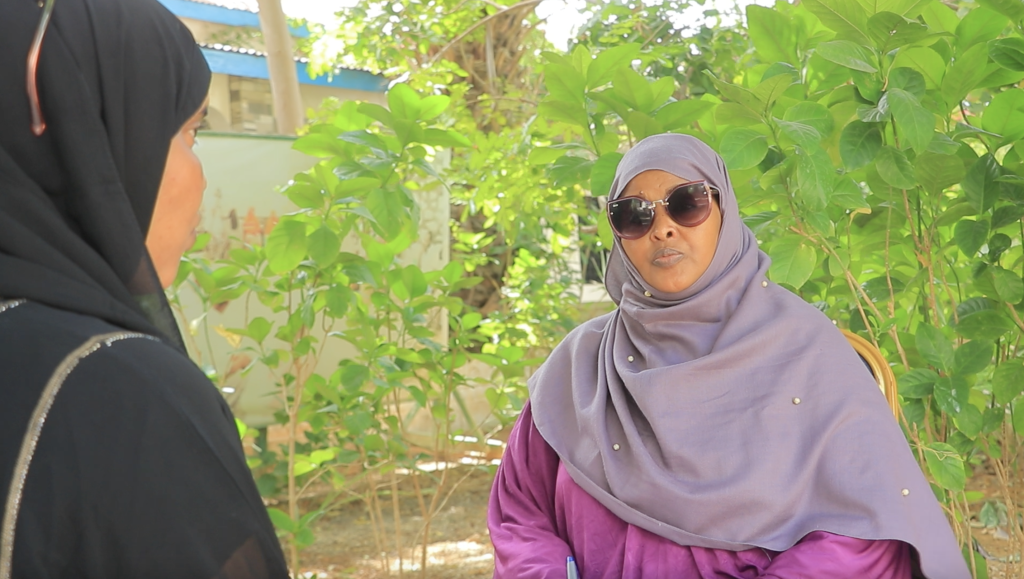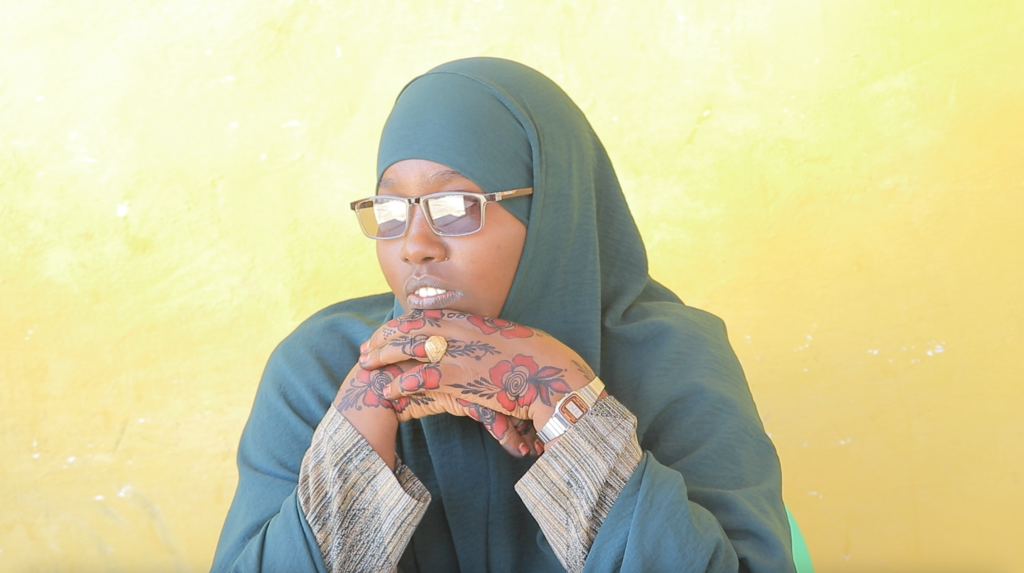GAROWE (KAAB TV) – In the heart of Puntland, Somalia, the resilience and determination of Somali women paint a vivid narrative of their pivotal role in society, echoing through the challenging backdrop of displacement, unemployment, and a prolonged conflict.
Despite being the primary breadwinners in many families, women continue to face obstacles in securing prominent roles within government offices and positions.
The Somali political landscape, built on a 4.5 clan power-sharing formula, presents a considerable hurdle for women seeking political representation. Efforts since 2012 to secure a 30% quota for women in the country’s parliament have faced setbacks, with only 24% being the highest representation achieved to date.
Puntland State, known for its political stability since 1998, has witnessed the aspirations of women to claim significant political seats. However, challenges persist, with the clan elder system and a lack of unity among women’s groups identified as major impediments.

Saido Hussein Ali Gees, former Minister of Agriculture of Puntland and current chairwoman of Puntland women’s activists movement, explains, “Since the formation of Puntland, women have been complaining. We tried to raise our voices through various means. But the challenge still persists.”
The disparity is glaring; according to a study carried out by Puntland Development and Research Centre, women constitute only 1.5% of the 5th Puntland Parliament (2019-2023), far below the global average of 18.8% and the proposed 30% quota.
The recent election of the 6th Parliament further intensified concerns, with just one woman among the 66 members of the regional parliament. The re-elected President, Said Abdullahi Deni, has not yet disclosed the composition of his new cabinet, leaving uncertainty regarding the representation of women in the council of ministers.
Habibo Sheikh Mohamud, a health professional and women’s rights activist in Garowe, sheds light on the resistance faced by women candidates. Clan elders, responsible for selecting regional lawmakers, have been reluctant to include women in their choices.
“They don’t see women as equal to men when it comes to political representation,” says Habibo.
The struggle for women’s inclusion
The envisioned solution, a one-person-one-vote election, suffered a setback when political turmoil erupted in Garowe, causing a withdrawal of the plan. The rejection by clan elders, perceiving it as a threat to their dominance, further compounded the struggle for women’s inclusion.

Former Minister of Women in Puntland, Farhiyo Yusuf Hersi, expresses regret over the missed opportunity, stating, “Initially, we were confident that the direct election is the only hope. But sadly, the process was withdrawn.”
The challenges extend beyond external resistance; internal factors, such as a lack of unity among women, contribute to the limited impact of their advocacy.
Former minister Saido Gees acknowledges, “When women’s voices are not united, and some openly campaign for male candidates based on clan affiliation, that is a significant setback.”
Cultural and religious beliefs persist, with some men opposing women’s rights to political participation. Despite diverse views among men in Garowe, from supporting women candidates to opposing their involvement, a collective understanding of the mother’s societal role contrasts with resistance to political representation.
In the face of these challenges, women leaders, Saido, Habibo, and Farhiyo, emphasize resilience.

“If you do not stand up for your rights, nobody will guarantee it to you,” asserts Saido, urging women to unite and engage with political officials to claim their rights.
Farhiyo remains undeterred, stating, “We are not tired. We will continue advocating and pushing hard until we reach where we want.”
Habibo calls on clan elders and men in politics to recognize and appreciate women’s importance, urging them to cease sidelining women.
The dream of women’s rights and active political participation in Puntland remains steadfast, fueled by the determination of these women leaders to overcome challenges and pave the way for a more inclusive political landscape.
WATCH KAAB TV DOCUMENTARY ON CHALLENGES FACING WOMEN IN POLITICS

